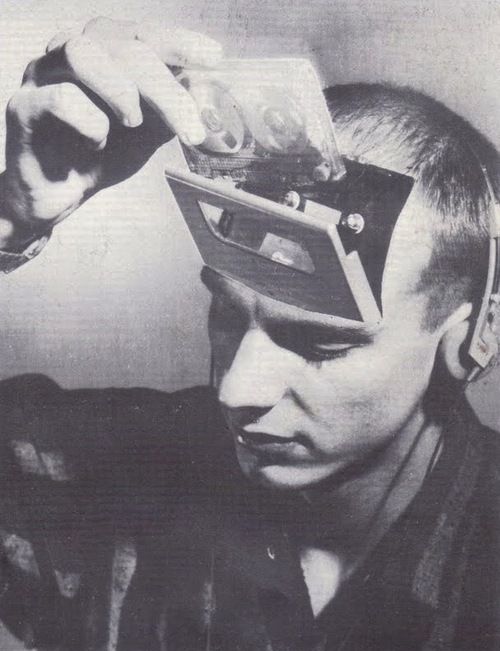Personalization was a buzzword, a selling point, of Web 1.0: You would soon get what you wanted and only that delivered to you seamlessly. Of all the dubious ideas of that pre-bubble era, none came truer. At first you had to set your preferences, but now that mostly occurs automatically, algorithmically.
The phenomenon is especially evident in news, with the erstwhile gatekeepers, already disrupted financially, being swept away by a flood of information. The variety of yesterday’s newspapers, even ones that had a political slant, forced a certain amount of friction into our lives, made us look at the other side of the argument and question ourselves. Those debates disappeared into the zeros and ones.
In a smart New York Times column, Farhad Manjoo articulates the phenomenon of more (information) being less. He points out that even actual proof means little today, writing “you would think that greater primary documentation would lead to a better cultural agreement about the ‘truth.’ In fact, the opposite has happened.”
An excerpt:
You’re Not Rational
The root of the problem with online news is something that initially sounds great: We have a lot more media to choose from.
In the last 20 years, the internet has overrun your morning paper and evening newscast with a smorgasbord of information sources, from well-funded online magazines to muckraking fact-checkers to the three guys in your country club whose Facebook group claims proof that Hillary Clinton and Donald J. Trump are really the same person.
A wider variety of news sources was supposed to be the bulwark of a rational age — “the marketplace of ideas,” the boosters called it.
But that’s not how any of this works. Psychologists and other social scientists have repeatedly shown that when confronted with diverse information choices, people rarely act like rational, civic-minded automatons. Instead, we are roiled by preconceptions and biases, and we usually do what feels easiest — we gorge on information that confirms our ideas, and we shun what does not.
This dynamic becomes especially problematic in a news landscape of near-infinite choice.•

